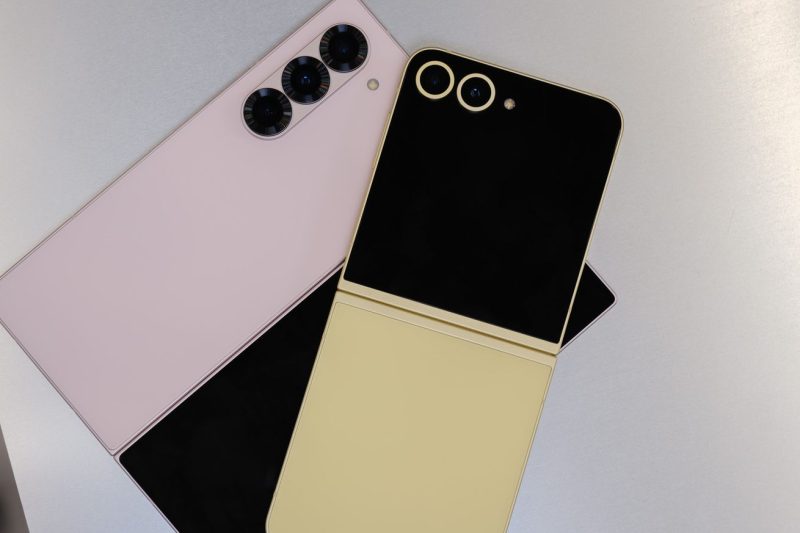The decision by Samsung Electronics to exclude its messaging service from the upcoming Galaxy Z Flip 6 and Z Fold 6 phones in the United States may come as a surprise to many users. This move indicates a strategic shift in Samsung’s approach towards its messaging application in a highly competitive market.
It is essential to recognize that the messaging app landscape is highly competitive, with several popular options like WhatsApp, Facebook Messenger, and iMessage dominating the market. Samsung Messages has been a staple app on Samsung devices for years, offering users a quick and convenient way to send messages and communicate with others. However, the decision to exclude it from the Galaxy Z Flip 6 and Z Fold 6 phones suggests that Samsung is reevaluating the role of its messaging service in the market.
One possible reason for this decision could be to streamline the user experience and avoid redundancy. With so many messaging apps available, users may already have their preferred platform for communication. By excluding Samsung Messages from its flagship devices, Samsung may be signaling a shift towards offering a more cohesive user experience that integrates seamlessly with popular messaging apps.
Additionally, Samsung may be looking to cut down on pre-installed bloatware on its devices. Many users often complain about the excessive pre-installed apps that come with new devices, leading to cluttered home screens and reduced storage space. By excluding Samsung Messages, the company may be aiming to provide a cleaner user experience out of the box.
Furthermore, this decision could be part of a broader strategy to focus on software updates and security patches for its devices. By reducing the number of pre-installed apps, Samsung may be able to allocate more resources towards improving the overall software experience for users, ensuring that they receive timely updates and support for their devices.
Despite the exclusion of Samsung Messages, users in the United States will still have access to a wide range of messaging apps through the Google Play Store. This move may prompt users to explore alternative messaging options and discover new features and functionality that they may have been missing out on.
In conclusion, Samsung’s decision to exclude its messaging service from the Galaxy Z Flip 6 and Z Fold 6 phones in the United States reflects a strategic shift towards offering a more streamlined user experience and focusing on core software updates. While some users may initially be surprised by this move, it opens up opportunities for users to explore different messaging apps and discover new ways to communicate on their devices.



























